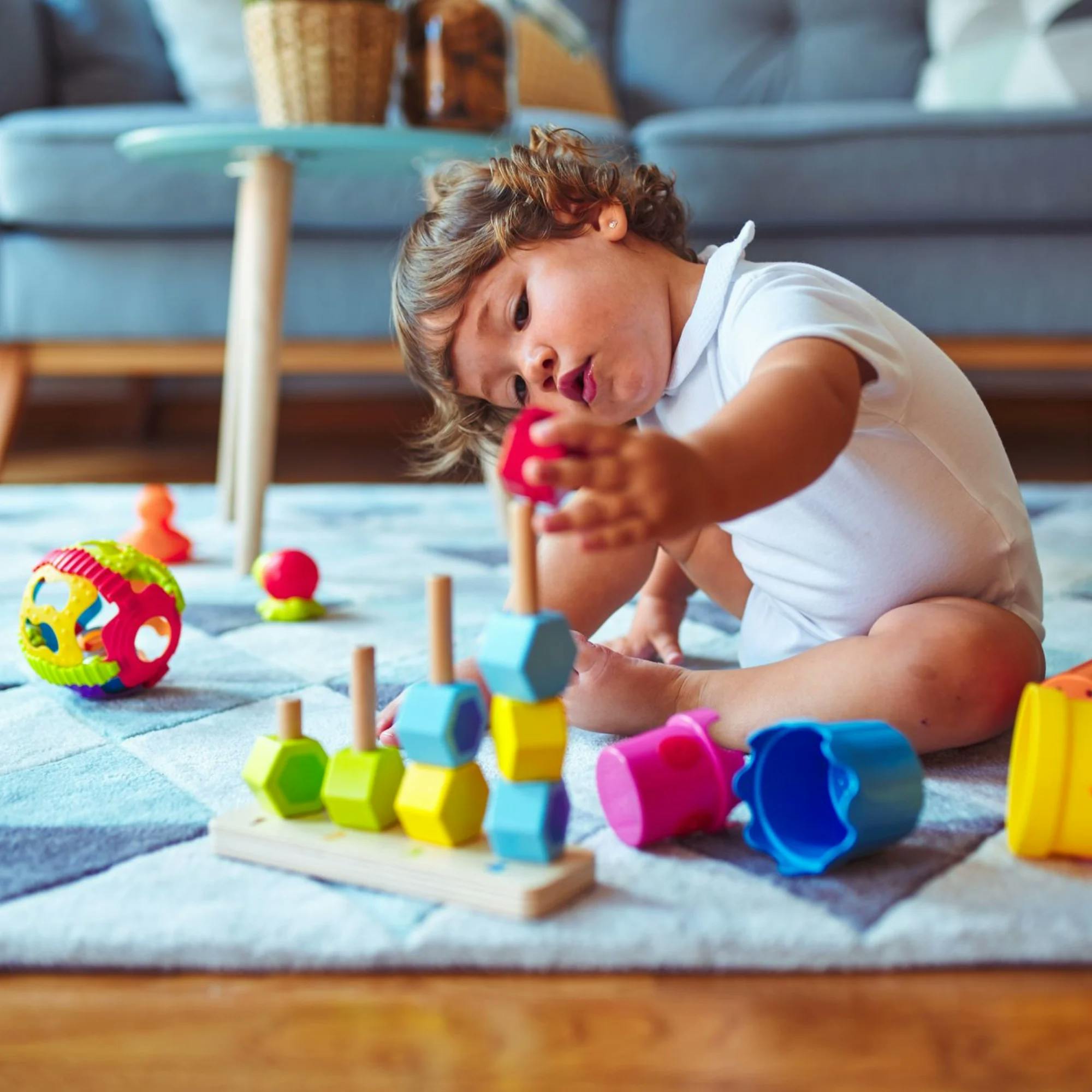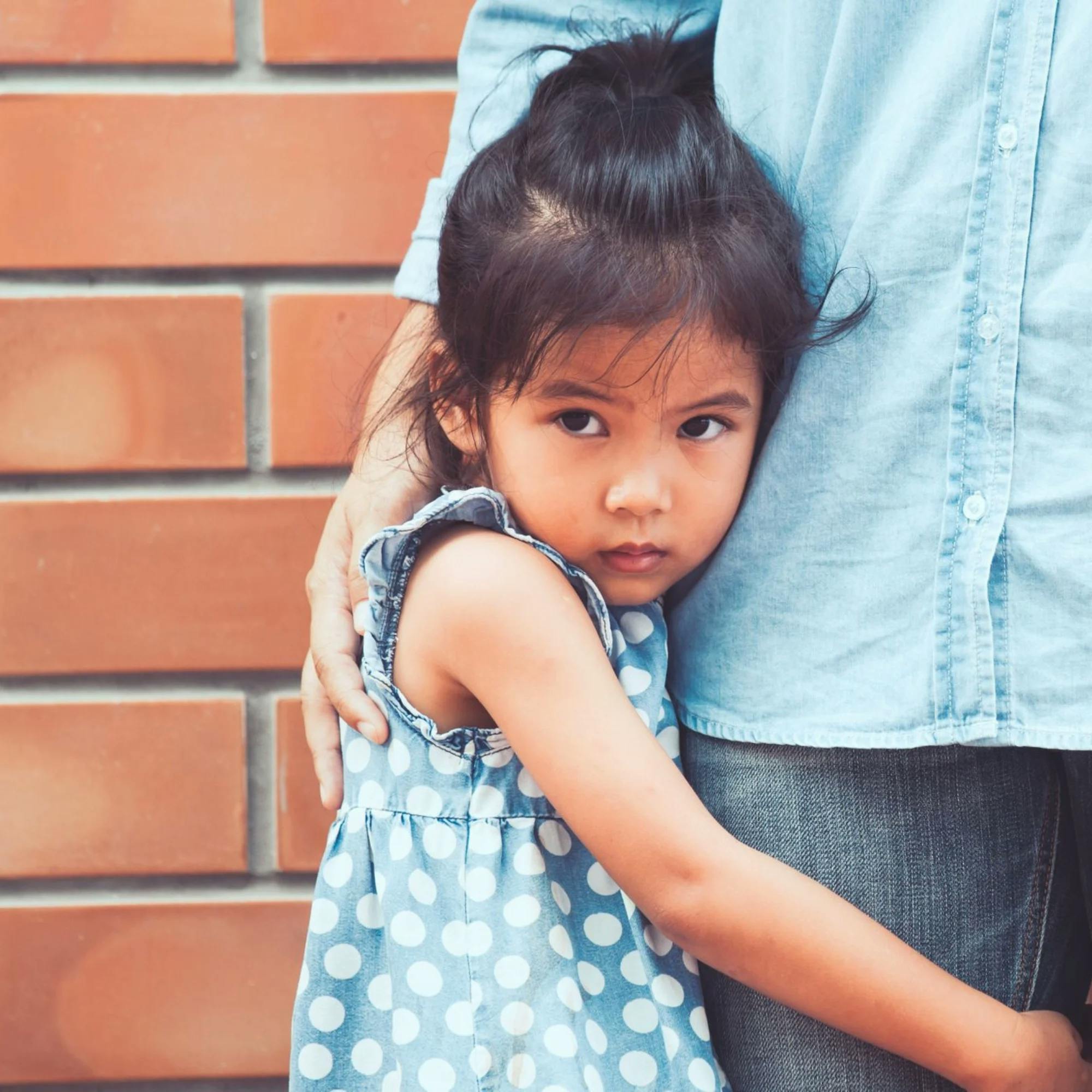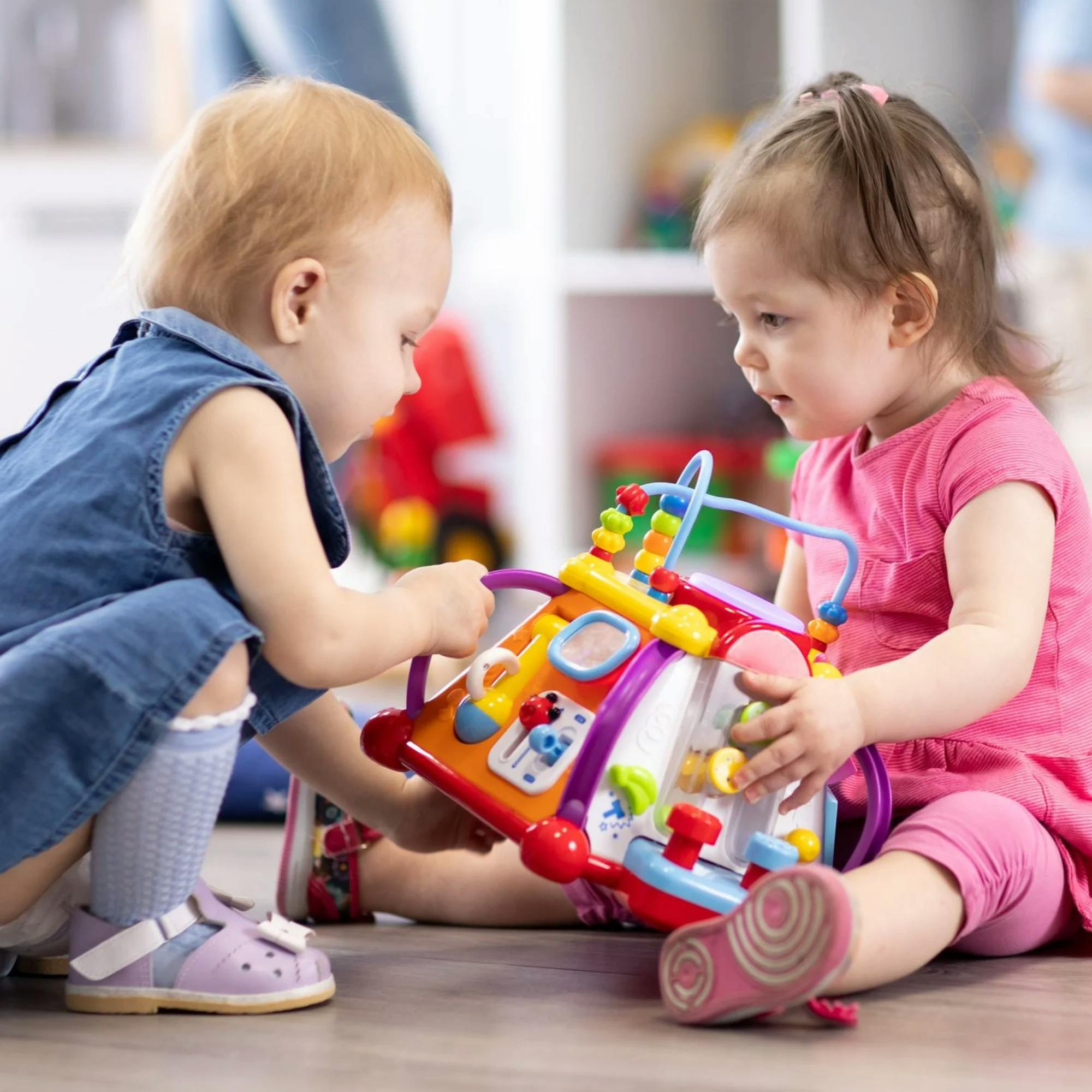Remember the days when playing with toys, running around outside, or pretending with friends were the main things on your to-do list? What we’d all give to go back to that time!
Your children are at that age right now. For kids, play is not only fun and games, it’s their whole world. And in fact, play is vital for healthy childhood development, including speech and language.
Recent research looked at the importance of unstructured play related to kids’ mental health, confidence, and language development. Let’s take a look at the research, along with what you can do with this information to help your child thrive.
What the research says about play and mental health in children
The research review was published in the Journal of Pediatrics in 2023, and the authors identified some important findings.
Children today often don’t get many chances to roam and play independently. There can be several reasons for this. Many children have busy schedules, with back-to-back schoolwork and activities. Some children may not have a lot of opportunities to play with other kids. Some parents may want to keep their kids close at home. Whatever the reason, this lack of unstructured free time for playing seems to be partly driving the overall decline in children’s mental health in the U.S.
When children don’t have enough time or encouragement to play, they may have less opportunity to develop their self-autonomy.
When children don’t have enough time or encouragement to play, they may have less opportunity to develop their self-autonomy. They don’t have as many chances to think independently, play imaginatively, or problem solve. As a review in Science Daily phrased it, “Although well intended, adults' drive to guide and protect children has deprived them of the independence they need for mental health.”
A related study observed children in 20 parks in Durham, North Carolina. Researchers compared the behavior of kids who always had an adult caregiver nearby to those who didn’t. They found that children who did not have an adult visibly present were more likely to play more vigorously. Conversely, kids of all ages were less adventurous and more inhibited in their play if their caregiver was nearby.


Playing helps with language development
Lack of unstructured playtime can affect communication development, too. In an article in Psychology Today, Rebecca Rolland, Ed.D., a speech-language pathologist and education lecturer, discussed the study findings. If children are always with their parents, they don’t have as much to tell their parents–because they’re always together! These kids aren’t experiencing situations independently or with other children, then coming back home to talk about it. This can reduce the opportunities for children to have conversations with their caregivers.
As Rolland puts it, “Why create stories and narratives for us, and describe their insights, if we are always there?”


The benefits of unstructured playtime
Rolland goes on to write, “Often, especially among wealthier families–ironically, families who tend to live in areas with more green spaces and safe areas to play–unstructured play is seen as an unnecessary luxury, even a waste of time. Having three or four activities per weekend day has quickly become the norm. Additional academic activities…have become status symbols as well as attempts to ensure children’s school success.”
Many parents feel the pressure to get their child ahead in school, maybe by beginning reading or spelling early, or scheduling tutoring after school or on weekends. None of these is necessarily a bad thing. But being overscheduled can come at a price for kids.
When children don’t have time to relax, play, and just “be,” they miss out on chances to explore, imagine, and socialize.
The study points out that limiting unstructured playtime can increase anxiety and depression among kids. Research has also shown a correlation between the amount of free time a child gets, and their self-regulation skills. When children don’t have time to relax, play, and just “be,” they miss out on chances to explore, imagine, and socialize.
In particular, when children play with each other, they have more chances for creative conversation. They learn how to collaborate, negotiate, make decisions, and solve problems and frustrations that can arise when playing with another child.


Give your child more chances to play!
As we’ve discussed, play is an important area of early childhood development. That’s especially true when it comes to speech and language skills. Developing good play skills helps children increase their communication abilities.
Here are some ways you can prioritize and encourage playtime for your child.
1 Try to simplify your schedule
We know it’s not always possible. But try to allow for more time when your child can play at home, at the park, or with a friend. The more time for imaginative play and socialization, the better!
2 Allow your child to play on their own and with others
Of course, safety is important. Your child’s age and where you live will be factors here. But as the research suggests, it’s OK for caregivers to “back off” a bit if you’re typically right with your child all the time. Say you’re at the playground. Observe where your child wanders and watch what sparks the interest. Maybe they’ll begin some imaginative play that they wouldn’t have thought of if you were leading them.
3 If your child is with a friend, let them decide what to play together
Listen to the conversations that follow. Your child will be learning social routines, as well as new ways to use their vocabulary when communicating with a peer.
4 Make the most of your own playtime with your child
While independent play is important, there will always be value in getting down on the floor and playing with your little one! If they’re just learning how to use toys, like a kitchen set, train, or phone, show them what to do. Make lots of noises (vroom vroom! beep!). Encourage them to use their imagination, and act out different pretend scenarios with them.
5 After your child plays, ask them questions!
This can spark new kinds of conversation between the two of you. You can ask, “What was your favorite part of the playground?” or “How did you and your friend decide what to play?”
You have an essential role in your child’s language growth and overall development. But part of that development includes learning to navigate the world on their own terms. You can help by stepping back now and then and allowing your child to explore and play more independently. Your child will know that you’re always there to hear about their experiences. Be proud of their growing independence, and celebrate these wins for yourself as a caregiver, too!
How Expressable Can Help
Concerned your child isn't reaching age-expected milestones? Looking for communication support from a professional? Expressable is a national online speech therapy practice serving children and adults. We treat all major areas of communication and feeding, offer flexible hours including evenings and weekends, and accept most major health insurance plans. We’re proud to have earned more than 3,000 5-star reviews from our clients (4.9/5 average).
Our therapy model is centered on parent and caregiver involvement. Research proves that empowering caregivers to participate in their loved one’s therapy leads to better outcomes. That’s why we combine live, 1-on-1 speech therapy with personalized education and home practice activities for faster progress.
Communication is more than words. It’s how we share how we feel and show who we are. We’re here to help you or your child do just that.

 Abby Barnes, M.S., CCC-SLP
Abby Barnes, M.S., CCC-SLP







